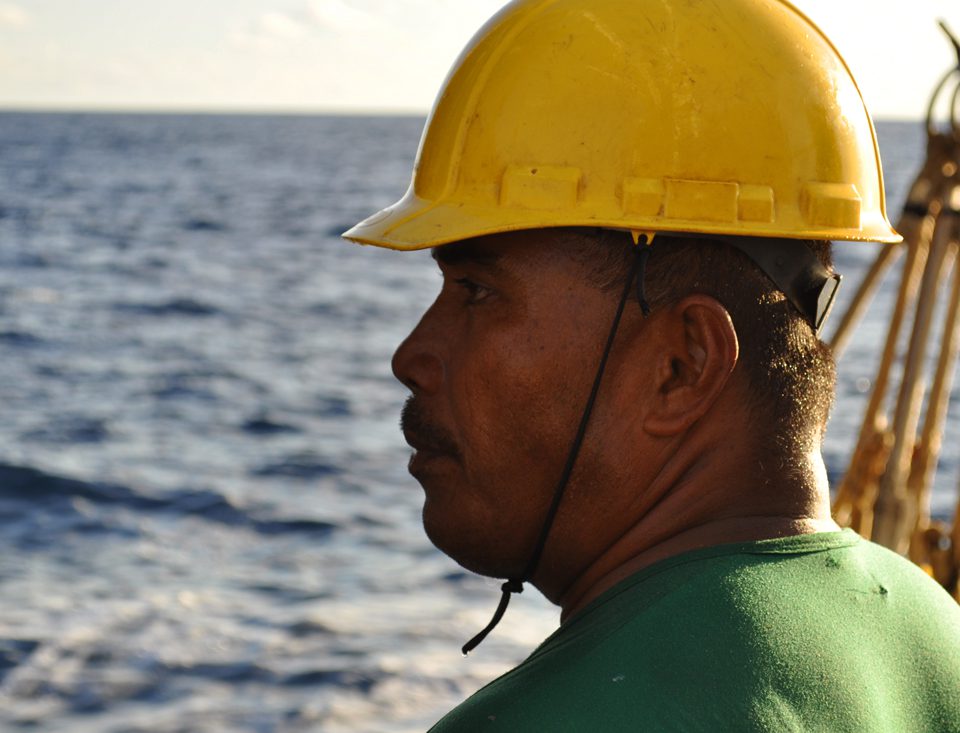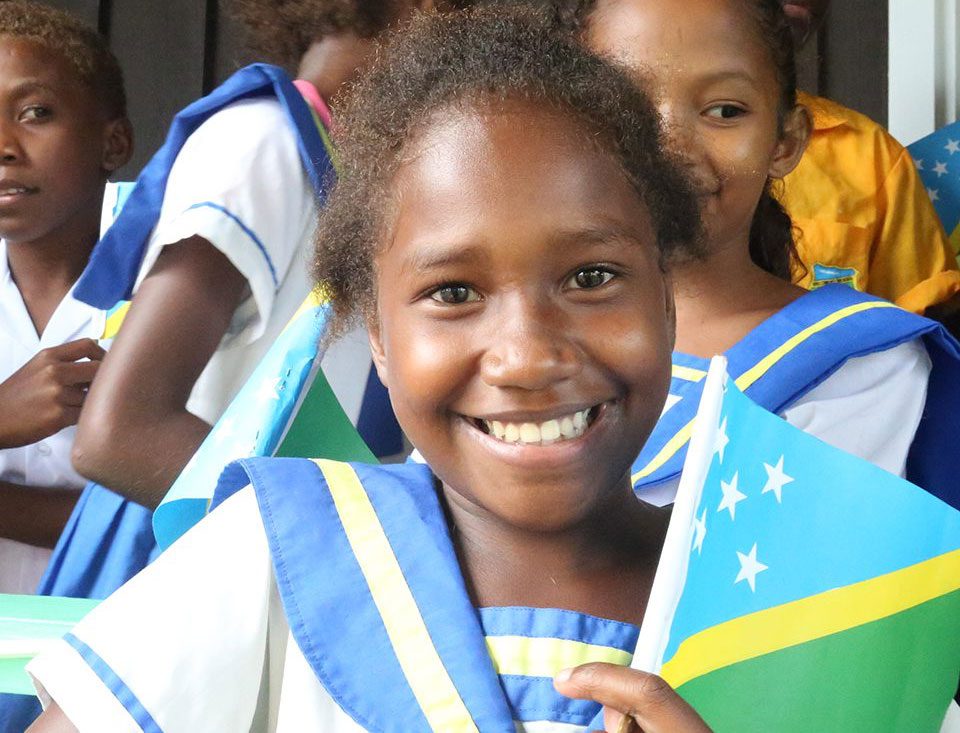Social

Protecting Workers
Fishers and fish processors do the hard, sometimes dangerous jobs at sea and ashore that our business depends on. Stevedores and cargo carriers help us get fish from point A to B while staff based in offices around the world make sure our operations are well managed and our customers’ needs are met. Our team, and those of our suppliers, are the backbone of Tri Marine, and we are serious about our responsibility for their safety and fair treatment.
The Tri Marine Group Code of Conduct defines our ethical values and outlines the high standards all our employees must meet in our global network of companies. We are also dependent on independent suppliers with whom we maintain the expectation for adequate worker protections. We take a collaborative approach to this by working with the Seafood Task Force and its Tuna Subgroup on industry wide social standards. Tri Marine is applying the Seafood Task Force Code to all its suppliers globally.



Supporting Communities
We are committed to helping ensure that the benefits of fisheries are captured not just by distant markets, but also by those closest to the resources. We have invested in fishing and processing bases that provide important socioeconomic benefits to coastal communities and Pacific island countries where we maintain best-in-class employment practices that ensure our team have the wages and benefits that help us and our families maintain a healthy standard of living. This has a downstream positive impact of supporting local businesses, as well as regional and international commerce.
In addition, Tri Marine and its affiliated companies like NFD and SolTuna in the remote Solomon Islands, Seafman in Ecuador, and Gralco in Colombia provide support in their communities when government services like education and health care are lacking, or natural disasters strike. Here are some examples from 2021.
- Gralco collaborated with thirteen local charitable organizations providing nutritious meals for children, the elderly, homeless, migrants, and other vulnerable workers. Gralco also developed a program called Fortalecete Mujer open to forty of its female operations workers. The program focused on increasing women’s skills, self-esteem, decision-making power, and access to financial resources.
- Seafman organized beach cleanup events in Los Esteros to collect debris, educate the public on ocean preservation, and set an example for others. The events attracted over 100 volunteers who hauled over 820 kilos of trash including plastic, household trash, fishing gear, automobile parts, organic waste, and textiles. Seafman also held a COVID-19 vaccination campaign that covered over 7,000 people in the community.
- One of SolTuna’s newest project is to build and operate a day care center for their employees with young children. The Australian Government “Strongim Bisnis” aid program is providing materials and training and SolTuna is putting up the land, labor, and staff. This was made possible through Fair Trade premiums generated by the certification during its run and benefits both Soltuna workers and NFD fishers. These premiums have also been put towards various community projects in Noro covering Healthcare, Housing & Infrastructure, Environment and Education.
For more information, read our 2021 Annual Sustainability report.



